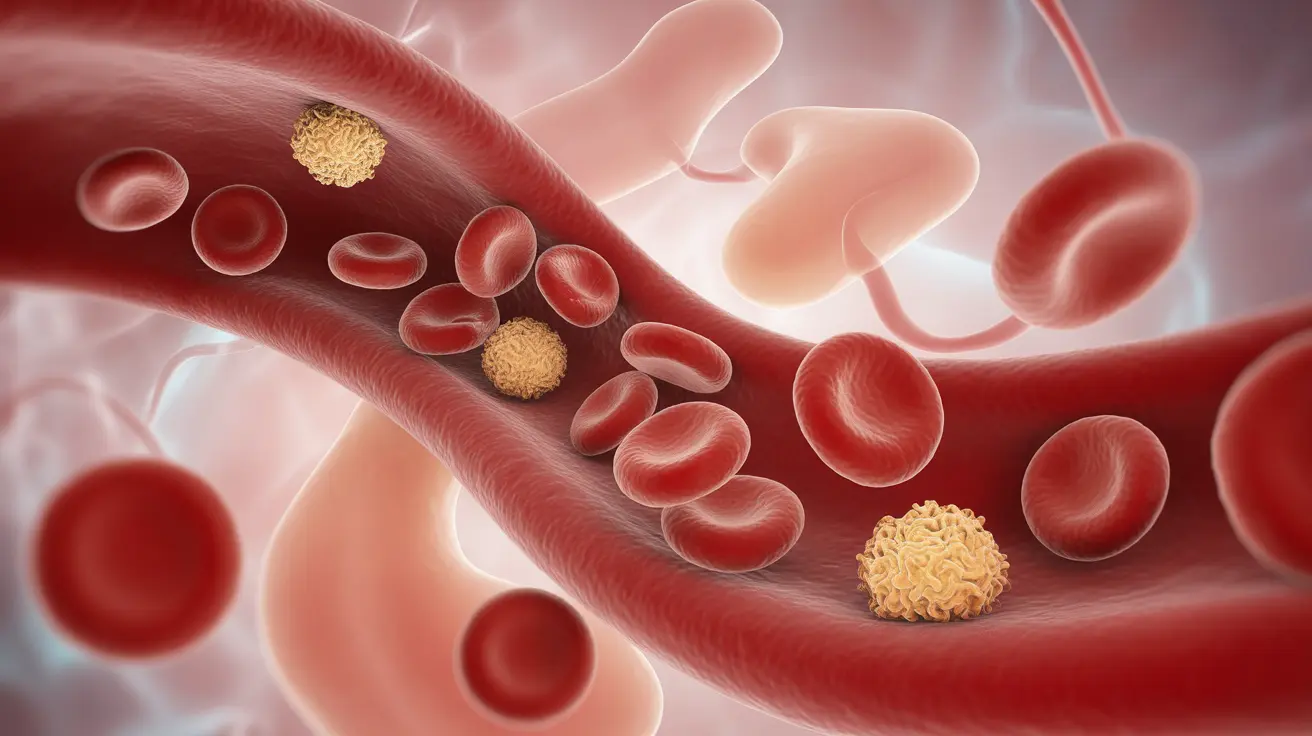Chronic anemia is a persistent condition where the body lacks sufficient healthy red blood cells to carry adequate oxygen to tissues. This long-term health challenge can significantly impact quality of life and often signals an underlying medical condition that requires comprehensive care. Understanding chronic anemia is crucial for effective management and improved health outcomes.
Unlike temporary anemia, which may resolve quickly with simple interventions, chronic anemia typically persists for three months or longer and requires targeted treatment based on its root cause. This article explores the complexities of chronic anemia, from its various causes to treatment approaches.
Common Causes of Chronic Anemia
Chronic anemia can develop from various underlying conditions that affect red blood cell production or survival:
Chronic Disease-Related Causes
Many long-term medical conditions can lead to chronic anemia, including:
- Chronic kidney disease
- Inflammatory conditions like rheumatoid arthritis
- Chronic infections
- Cancer and its treatments
- Autoimmune disorders
Nutritional Deficiencies
Ongoing nutritional issues can contribute to chronic anemia, particularly:
- Iron deficiency
- Vitamin B12 deficiency
- Folate deficiency
- Chronic malabsorption conditions
Recognizing the Symptoms
Chronic anemia often develops gradually, making its symptoms subtle at first. Key indicators include:
- Persistent fatigue and weakness
- Shortness of breath
- Pale skin
- Dizziness or lightheadedness
- Irregular heartbeat
- Cold hands and feet
- Difficulty concentrating
Diagnostic Approach
Healthcare providers use several methods to diagnose chronic anemia and its underlying causes:
Blood Tests
Common diagnostic tests include:
- Complete blood count (CBC)
- Iron studies
- Vitamin B12 and folate levels
- Reticulocyte count
- Bone marrow examination in some cases
Treatment Strategies
Treatment for chronic anemia typically involves a two-pronged approach:
Addressing the Underlying Condition
The primary focus is often treating the root cause, which may include:
- Managing chronic diseases
- Treating infections
- Adjusting medications that may contribute to anemia
- Addressing autoimmune conditions
Direct Anemia Treatment
Specific interventions for the anemia itself may include:
- Iron supplementation
- Vitamin B12 injections
- Erythropoiesis-stimulating agents
- Blood transfusions in severe cases
Lifestyle and Dietary Management
While dietary changes alone may not cure chronic anemia, proper nutrition supports overall treatment success. Important considerations include:
- Consuming iron-rich foods
- Including vitamin C to enhance iron absorption
- Following a balanced diet rich in B vitamins
- Regular physical activity as tolerated
- Adequate rest and stress management
Frequently Asked Questions
What are the common causes of chronic anemia and how do they affect red blood cell production?
Chronic anemia commonly results from ongoing medical conditions like kidney disease, inflammatory disorders, and cancer. These conditions can interfere with red blood cell production by affecting bone marrow function, reducing iron availability, or disrupting the body's ability to use iron effectively for blood cell production.
What symptoms should make me suspect I have chronic anemia from an underlying disease?
Key symptoms suggesting chronic anemia include persistent fatigue, shortness of breath, pale skin, weakness, and difficulty concentrating. If these symptoms last for several weeks or months, especially alongside other health issues, they warrant medical evaluation.
How is chronic anemia diagnosed and what blood tests are typically used?
Diagnosis typically begins with a complete blood count (CBC) to measure hemoglobin levels and red blood cell characteristics. Additional tests may include iron studies, vitamin B12 levels, folate levels, and specific tests to identify underlying conditions causing the anemia.
What treatment options are available for managing chronic anemia related to chronic diseases?
Treatment options include addressing the underlying condition, iron supplementation, vitamin B12 injections, erythropoiesis-stimulating agents, and blood transfusions in severe cases. The specific treatment plan depends on the cause and severity of the anemia.
Can dietary changes or supplements alone effectively treat chronic anemia caused by long-term conditions?
While proper nutrition and supplements are important supporting elements, they typically cannot treat chronic anemia alone when it's caused by underlying medical conditions. Effective treatment usually requires addressing the root cause while using targeted medical interventions for the anemia itself.




